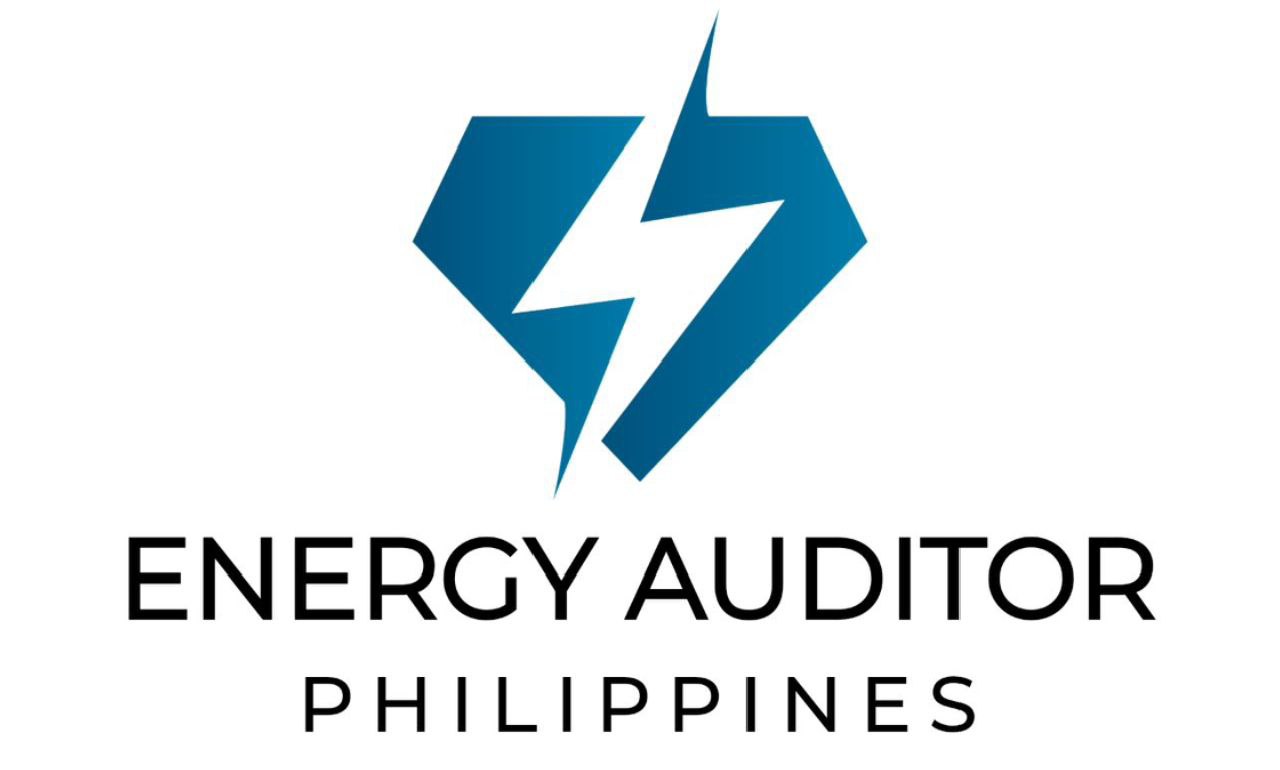In the diverse landscape of the Philippines, rural electrification remains a critical milestone towards inclusive development. At the heart of this endeavor lies the transformative potential of energy audits. This exploration delves into how energy audits serve as catalysts in empowering rural communities, enhancing access to clean, reliable, and sustainable energy sources.
Challenges in Rural Electrification
Rural areas in the Philippines often grapple with inadequate access to electricity, relying on traditional, inefficient, and often polluting energy sources. These communities face socio-economic challenges, limited educational opportunities, and restricted access to healthcare due to energy constraints.
The Role of Energy Audits
Energy audits emerge as empowering tools in addressing these challenges. By conducting audits in rural communities, experts identify energy needs, consumption patterns, and inefficiencies. These audits form the foundation for tailored recommendations and solutions that align with the unique requirements of these communities.
Customized Solutions for Rural Communities
Energy audits lead to the design and implementation of customized solutions for rural electrification. These solutions include the integration of microgrid systems powered by renewable sources such as solar, wind, or hydroelectricity. Moreover, audits pave the way for energy-efficient appliances, lighting systems, and community-wide education on sustainable energy practices.
Enhancing Access and Quality of Life
The impact of energy audits on rural communities is profound. By providing access to clean and sustainable energy, these audits transform lives. Reliable electricity opens doors to improved education, healthcare facilities, and economic opportunities. It enables children to study after sunset, supports local businesses, and enhances overall quality of life.
Environmental Conservation and Sustainability
Energy audits’ focus on renewable energy sources in rural areas fosters environmental conservation. The shift towards clean energy reduces reliance on fossil fuels, mitigates carbon emissions, and preserves natural resources. These efforts align with global sustainability goals, contributing to the Philippines’ commitment to environmental stewardship.
Empowerment through Participation
Energy audits empower rural communities by involving them in the electrification process. Community engagement and participation in decision-making empower residents to take ownership of their energy needs. Educational programs on sustainable energy practices further empower individuals to maintain and optimize the implemented solutions.
Government Support and Partnerships
Government support and partnerships play a crucial role in amplifying the impact of energy audits in rural electrification. Programs and initiatives by government bodies and collaborations with non-governmental organizations (NGOs) bolster the implementation of audit-derived solutions, ensuring long-term sustainability.
Conclusion: Lighting the Path Ahead
In conclusion, energy audits serve as beacons of hope for rural communities in the Philippines. Their role in rural electrification transcends the mere provision of electricity; it represents empowerment, dignity, and progress for communities long deprived of access to modern energy.
As energy audits continue to empower rural areas, the Philippines strides towards inclusive development, where clean and sustainable energy illuminates the path towards a brighter, more equitable future for all its citizens.











































